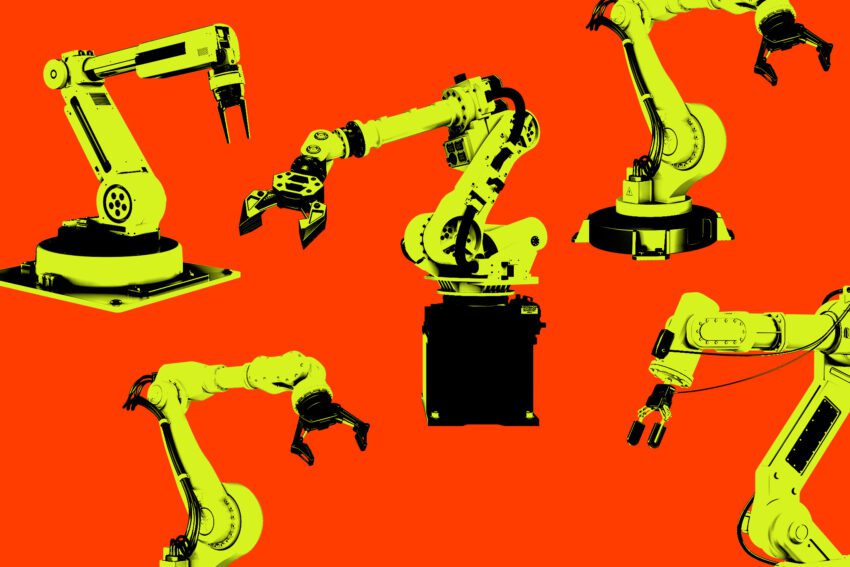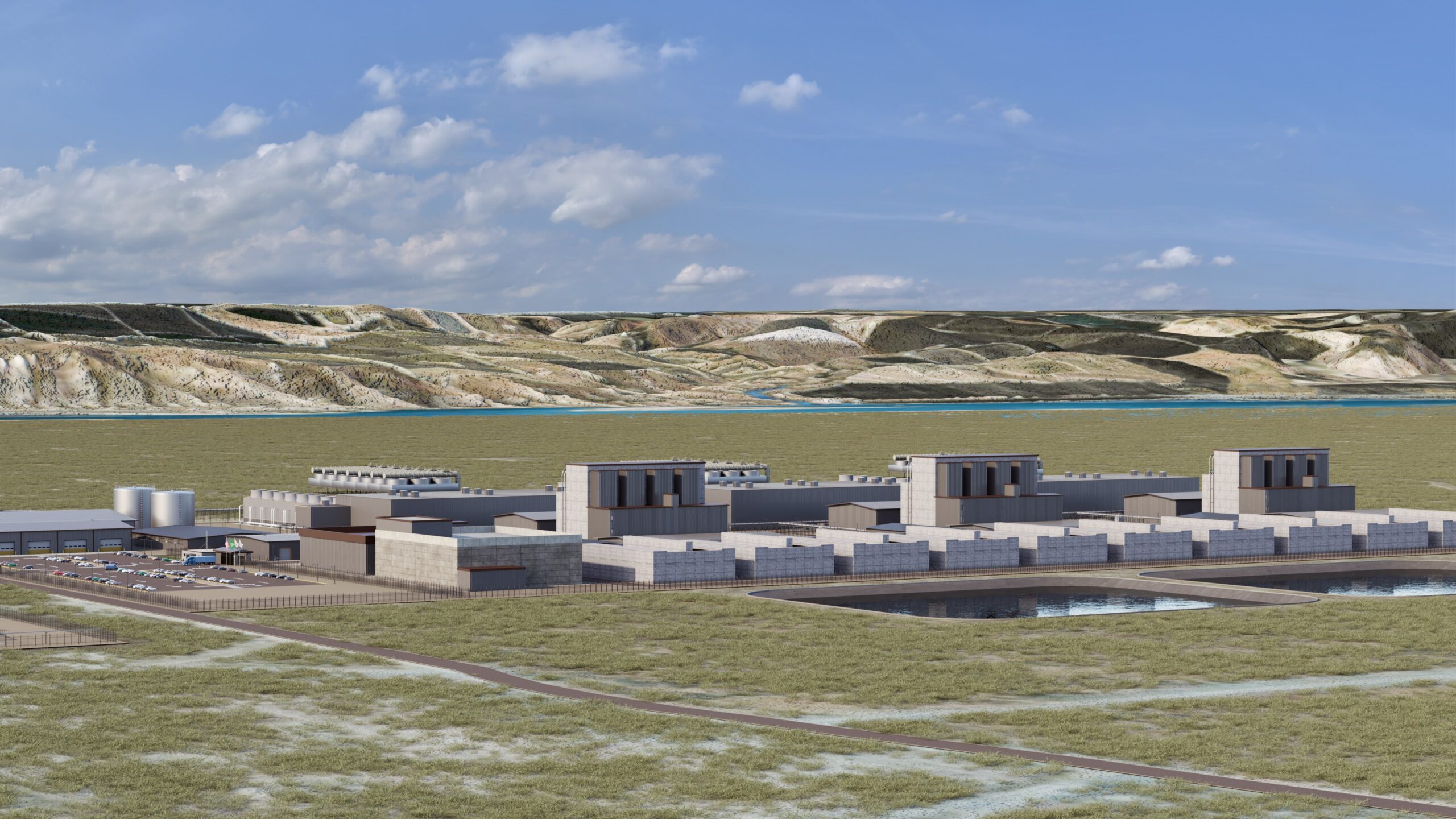
why world models are the next big Prominent AI labs are increasingly recognizing the potential of world models, a development that could significantly shape the future of artificial intelligence.
why world models are the next big
Understanding World Models
World models are a concept in artificial intelligence that allows machines to simulate and understand complex environments. This approach enables AI systems to predict outcomes based on their internal representations of the world, rather than relying solely on direct interactions. The idea is to create a model that can encapsulate the dynamics of an environment, allowing the AI to plan and make decisions more effectively.
The concept has gained traction in recent years, particularly as advancements in machine learning and neural networks have made it feasible to train models on vast amounts of data. By leveraging these models, AI can learn from experience, adapt to new situations, and even generate creative solutions to problems.
The Role of Data in Training World Models
Data is the lifeblood of AI development, and the quality and quantity of data used to train world models can significantly impact their performance. This is where platforms like Medal come into play. Medal is a video game clipping platform that collects and organizes gameplay footage, providing a rich dataset for training AI agents.
In mid-2022, Pim de Witte, the founder of Medal, began reaching out to various AI labs to explore potential collaborations. His goal was to see if these labs would be interested in utilizing Medal’s extensive data to enhance their AI training processes. The response was overwhelming. Within weeks, it became apparent that the data from Medal was more valuable than he had anticipated.
Acquisition Offers and Industry Interest
As the interest from AI labs grew, so did the offers for acquisition. De Witte reported receiving multiple proposals from prominent organizations, highlighting the competitive landscape of AI development. Although he did not disclose specific names, it has been reported that OpenAI, a leader in the AI field, offered a staggering $500 million for Medal.
This level of interest underscores the increasing importance of high-quality data in the AI sector. Organizations are recognizing that access to diverse and rich datasets can provide a significant competitive edge in developing more sophisticated AI systems. The ability to train world models effectively can lead to breakthroughs in various applications, from robotics to autonomous vehicles and beyond.
Implications of World Models for AI Development
The rise of world models has several implications for the future of artificial intelligence. First and foremost, these models can enhance the efficiency of AI training processes. Traditional methods often require extensive trial-and-error learning, which can be time-consuming and resource-intensive. In contrast, world models allow AI systems to simulate scenarios and learn from them without the need for real-world experimentation.
Furthermore, world models can improve the adaptability of AI systems. As these models become more sophisticated, they can better understand and predict the consequences of their actions in complex environments. This capability is particularly crucial for applications where real-time decision-making is essential, such as in autonomous driving or robotics.
Stakeholder Reactions
The response from stakeholders in the AI community has been largely positive. Researchers and developers are excited about the potential of world models to revolutionize how AI systems learn and interact with their environments. The ability to create more intelligent and adaptable systems is seen as a significant step forward in the field.
Moreover, the interest from major AI labs indicates a growing recognition of the importance of collaboration in advancing AI technology. By pooling resources and expertise, organizations can accelerate the development of innovative solutions that leverage world models.
Challenges Ahead
Despite the promising outlook for world models, several challenges remain. One of the primary concerns is the need for high-quality data. While platforms like Medal provide valuable datasets, the effectiveness of world models depends on the diversity and richness of the data used for training. Ensuring that AI systems are exposed to a wide range of scenarios is crucial for their ability to generalize and perform well in real-world situations.
Additionally, ethical considerations surrounding AI development cannot be overlooked. As AI systems become more capable, there is an increasing need to address issues related to bias, accountability, and transparency. Ensuring that world models are trained on fair and representative data is essential to avoid perpetuating existing biases in AI decision-making.
The Future of World Models in AI
Looking ahead, the future of world models in AI appears bright. As more organizations recognize the potential of these models, investment in research and development is likely to increase. This influx of resources could lead to significant advancements in the field, resulting in more capable and adaptable AI systems.
Moreover, the integration of world models into various applications is expected to expand. From gaming to healthcare, the potential use cases for these models are vast. For instance, in healthcare, AI systems could use world models to simulate patient outcomes based on different treatment options, leading to more informed decision-making by medical professionals.
Conclusion
World models represent a significant advancement in the field of artificial intelligence, offering the potential to enhance the efficiency and adaptability of AI systems. As organizations like Medal continue to provide valuable datasets, the development of these models is likely to accelerate. However, addressing the challenges of data quality and ethical considerations will be crucial in ensuring that the benefits of world models are realized responsibly and equitably.
Source: Original report
Was this helpful?
Last Modified: October 17, 2025 at 6:35 am
4 views















